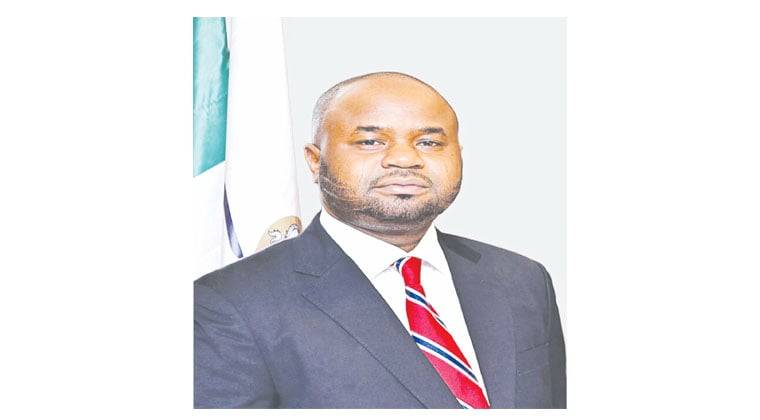A survey has found that 40% of NHS doctors and dental professionals are likely to resign or retire within the next five years as a direct result of “workplace pressures”.
Here, some of them reveal how soaring workloads, staff shortages, exhaustion and burnout are affecting their ability to provide the best care for patients in the NHS – and have led to many considering quitting altogether – and how they try to cope.
“I try to focus on the patient in front of me and what they need in the moment rather than thinking about the bigger picture. Otherwise, it’s overwhelming,” Consultant ophthalmologist
“I try to ensure I give myself breaks during the day and avoid the temptation to book patients during lunch breaks or after work. I aim to take a break every couple of hours, take some deep breaths and have a stroll,” – Andrew Chandrapal, Dentist
Dr Jenna Fowler.
We are faced with an ever-increasing workload in general practice and days are increasingly long and busy. It can feel like an uphill struggle when trying to simultaneously manage routine problems, consultations and home visits as well as providing urgent care for those who need it.
When I see or speak to a patient for the first time at the start of the consultation, I often spend the first few minutes explaining the situation or apologising for delays. Unfortunately, patient dissatisfaction has also led to increased reports of abuse towards healthcare staff, which is upsetting and demoralising at a time when we are working so hard to do the best we can for our patients.
Busy days can feel isolating and I find talking to colleagues really helpful. Getting out in the fresh air for a short walk wherever possible, just a quick 5-10 minutes at lunchtime helps to clear my head and reset.
Dr Jenna Fowler, GP
Dr Rachel Stewart GP
The stress of working clinically can at times feel unsustainable. Two or three years ago, even on busy on-call shifts it was usual to have a short break where you could sit down and grab something to eat. Recently, being on call feels like you are being pulled in a million different directions.
This is having an impact. Of the doctors I qualified with and worked with in my first two years, many of them have taken time out of training or are combining their clinical work with other roles such as teaching and medical writing. Some have reduced their hours to regain a sense of work-life balance. It’s great to see them feeling happier but illustrates how pressured clinical work is at the moment.
When you are under so much pressure, it’s important to get support from colleagues. I let other staff members know how I am feeling and they are usually understanding. Just having five minutes to breathe, eat and take stock makes a huge difference, and in turn you can help team members to do the same.
–
Dr Rachel Stewart, hospital doctor
We are all burnt out emotionally and physically from the impact of staffing pressures, increased working pressures, patient demands and lack of funding in the system. I know it has pushed me many times to considering leaving the NHS and also many friends and colleagues too are considering what their future in the NHS looks like. The lasting impact on our mental and physical wellbeing isn’t worth the fight,” – Junior Doctor
Credit Guardian UK













